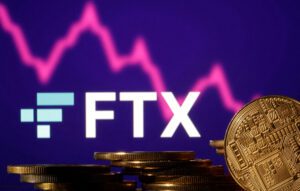Decentralized finance (DeFi) tokens have seen remarkable gains, with some rallying over 30% as traders anticipate that the Trump administration may make “utility” tokens more attractive to investors. This uptick in value, led by tokens like UNI and Lido DAO (LDO), reflects a renewed sense of “regulatory optimism,” according to Charlie Sherry, a finance and cryptocurrency analyst at BTC Markets. CoinGecko data shows that tokens including Aave (AAVE), Maker (MKR), and Ethena (ENA) have similarly jumped by more than 20% in recent trading sessions.
The rally in DeFi tokens comes on the heels of Donald Trump’s unexpected victory over Vice President Kamala Harris in the November 6 election, which could mark a shift in the regulatory landscape for cryptocurrency. Trump’s presidency may prompt the resignation of U.S. Securities and Exchange Commission (SEC) Chair Gary Gensler, potentially as early as December or January, according to analysis from 10x Research. With Gensler’s departure, DeFi investors are speculating that enforcement actions against utility tokens may lessen, thereby enhancing the appeal of holding these assets.
Sherry suggests that DeFi tokens, often dismissed as “useless governance tokens,” could finally see mechanisms implemented that allow them to accrue tangible value for holders. A key example is Aave’s “fee switch” proposal, which would allocate a portion of protocol fees to AAVE tokenholders, providing them with a source of passive income. This proposal represents a move away from pure governance toward creating intrinsic value, making DeFi tokens more akin to traditional investment assets.
Another major development is Uniswap’s plan to roll out its own Layer 2 network, Unichain, which would direct a portion of transaction fees to UNI tokenholders. Sherry notes that this shift would effectively transform UNI from a governance-only token into a utility asset, bolstering its investment potential. The DeFi protocols behind Lido DAO, Maker, Ethena, and Frax (FXS) could soon follow suit, exploring similar value-accruing changes.
Meanwhile, Markus Thielen, head of research at 10x Research, highlighted the growing popularity of the “buy the laggard” strategy among traders, which involves purchasing undervalued or underperforming assets expected to rebound. Thielen also pointed out that BlackRock’s possible plan to promote its spot Ether (ETH) exchange-traded fund (ETF) more aggressively in 2025 could spark further interest in DeFi tokens tied to Ethereum’s ecosystem.
Ethereum’s price has surged to $2,845, marking an 8.5% increase in the last 24 hours, while analysts speculate it could reach $3,000 if it surpasses the $2,700 resistance level. As utility tokens evolve to provide greater value to holders, the DeFi sector may attract more traditional investors, ushering in a new phase of growth and innovation in decentralized finance.
With potential regulatory shifts on the horizon, the DeFi market is positioned for transformative changes. As protocols integrate value-accruing features and regulatory uncertainty subsides, DeFi tokens may secure a stronger foothold in the broader financial landscape.
Disclaimer: The information in this article is for general purposes only and does not constitute financial advice. The author’s views are personal and may not reflect the views of Chain Affairs. Before making any investment decisions, you should always conduct your own research. Chain Affairs is not responsible for any financial losses.



